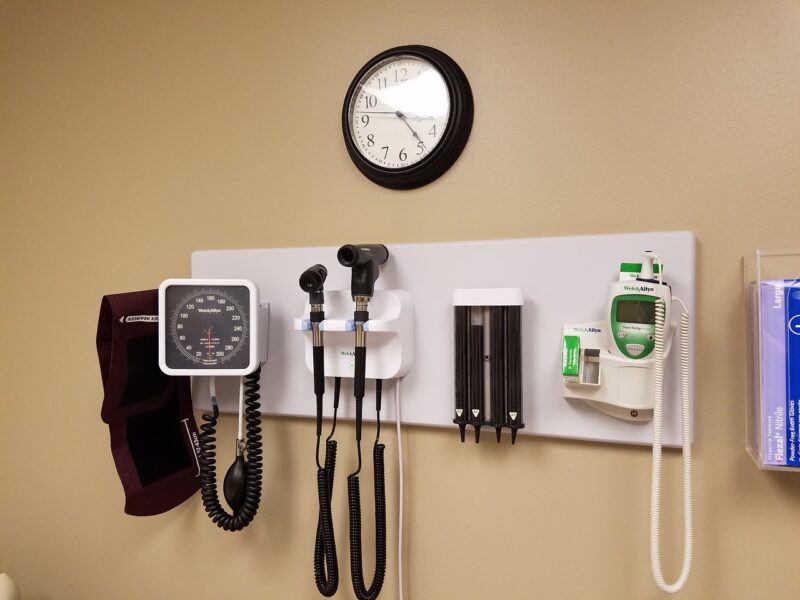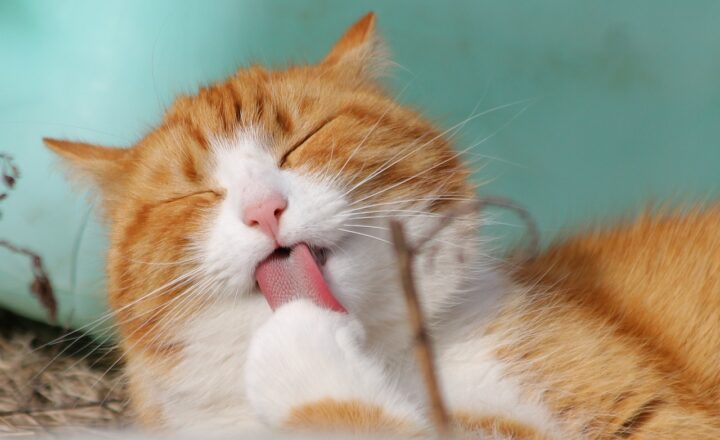
Cats are beloved pets around the world, cherished for their companionship and unique personalities. However, like all animals, cats are susceptible to various health issues that can affect their quality of life. Understanding these common health problems is crucial for any cat owner who wants to provide their feline friend with a long, healthy life. In this article, we’ll discuss the most prevalent health concerns in cats, their symptoms, and effective prevention strategies to keep your cat happy and thriving.
1. Obesity: The Silent Epidemic
Obesity is one of the most common health issues facing cats today. According to the Association for Pet Obesity Prevention, approximately 60% of cats in the United States are overweight or obese, putting them at risk for a range of serious health conditions.
Symptoms:
– Noticeable weight gain
– Inability to groom properly
– Reduced physical activity
– Difficulty jumping
Prevention:
– Regular veterinary check-ups to monitor weight.
– Portion control when feeding—follow guidelines provided by your veterinarian.
– Engage in daily playtime using toys to keep your cat mentally and physically stimulated.
– Consider switching to a weight management formula if your cat is overweight.
2. Dental Disease: A Hidden Threat
Dental disease is often overlooked, yet it can significantly affect your cat’s overall health. Periodontal disease begins with plaque buildup and can lead to painful infections if untreated.
Symptoms:
– Bad breath (halitosis)
– Difficulty eating or chewing
– Excessive drooling
– Inflamed or bleeding gums
Prevention:
– Regular dental cleanings by a veterinarian.
– Daily tooth brushing with pet-safe toothpaste.
– Provide dental treats or toys designed to promote oral health.
3. Kidney Disease: A Silent Intruder
Chronic kidney disease (CKD) is a common ailment among older cats, affecting their ability to filter waste from the blood. Since the symptoms develop slowly, many owners may not notice until the condition has progressed.
Symptoms:
– Increased thirst (polydipsia)
– Frequent urination (polyuria)
– Weight loss
– Vomiting and lethargy
Prevention:
– Regular vet check-ups including blood work to assess kidney function.
– Encourage hydration through wet food and fresh water availability.
– Monitor and manage your cat’s blood pressure if recommended by your veterinarian.
4. Hyperthyroidism: A Common Endocrine Disorder
Hyperthyroidism is a hormonal disorder primarily found in older cats, caused by an overproduction of the thyroid hormone. If left untreated, it can lead to serious complications.
Symptoms:
– Increased appetite combined with weight loss
– Increased activity and restlessness
– Vomiting and diarrhea
– Unkempt coat
Prevention:
– Regular veterinary screenings for older cats.
– Keeping an eye on behavioral changes for early detection.
5. Fleas and Ticks: Tiny Yet Mighty
Fleas and ticks are common external parasites that can affect cats, leading to discomfort, allergic reactions, or transmission of diseases.
Symptoms:
– Excessive scratching and grooming
– Hair loss and skin irritations
– Visible fleas or ticks on the skin
– Anemia in severe infestations
Prevention:
– Regular use of flea and tick prevention medication.
– Maintain a clean environment by vacuuming and washing pet bedding frequently.
– Regular grooming to check for signs of parasites.
Conclusion
As a responsible cat owner, being proactive about your cat’s health can lead to a longer, happier life for your feline companion. By understanding common health problems, recognizing early symptoms, and implementing preventive measures, you can ensure that your cat remains a beloved member of your family for years to come. Regular veterinary check-ups, a balanced diet, and lots of love and attention are the keys to a healthy cat. Don’t wait for symptoms to appear—take action today for a wander cat tomorrow.
References:
1. Association for Pet Obesity Prevention.
2. American Veterinary Medical Association.
3. Cornell University College of Veterinary Medicine.






